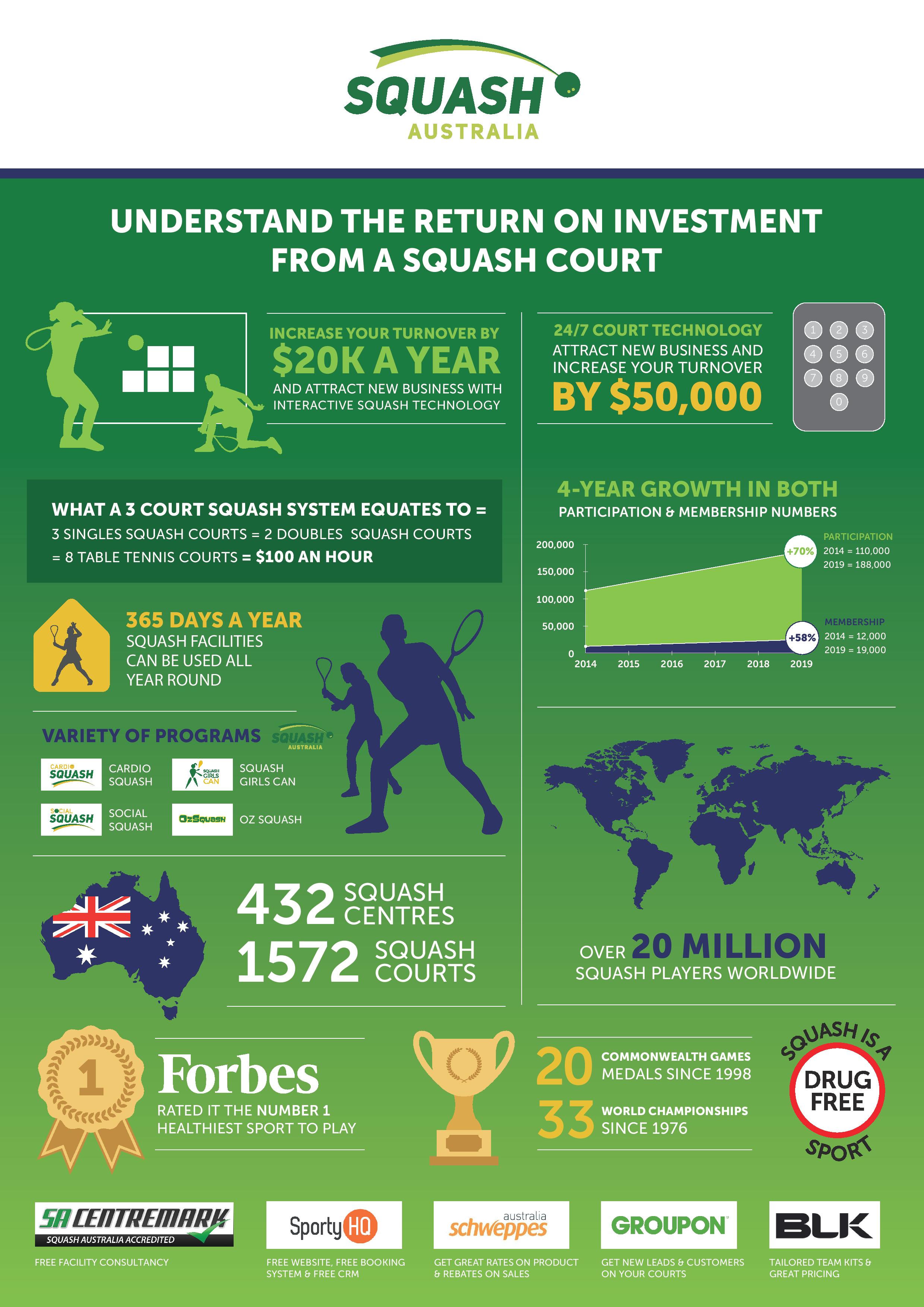Brand
Richard Vaughan’s branding journey began at Gravit-e (K3), where he collaborated with leading brands such as Sports Direct, M&S, Next, Ruby, and Neal's Yard Remedies. His impressive portfolio includes driving successful rebranding initiatives for prominent sports organizations like Badminton Ireland, Squash Australia, and Artistic Swimming Australia.
With a Master of Business Administration specialising in brand equity within International Sports Federations, Richard possesses deep expertise in branding. Brand equity refers to the value a brand adds to a product or service, transcending mere logos to encompass the positive perceptions and emotional connections consumers develop with a brand. This connection drives consumer loyalty and trust. A brand is essentially a promise—a set of expectations and a value proposition that a National Sporting Organisation (NSO) offers its audience.
Stakeholders are integral to co-creating a brand, influencing its current and future financial success. This collaborative dynamic presents governance challenges for NSOs, requiring a steadfast commitment to their vision, mission, and values. Effective brand management is anchored in long-term policies rooted in principles like integrity and transparency. These principles guide strategic brand development, fostering internal capabilities to build, manage, and evaluate brand equity.
Many NSOs lack a comprehensive brand strategy, often reducing branding to the creation of a logo. In smaller organizations, brand governance is typically non-existent, while larger ones are just beginning to recognise its importance. NSOs frequently manage their brand internally, missing opportunities for knowledge sharing and co-creation with stakeholders.
The cost-effectiveness of social media in branding is undeniable, yet its uncontrolled and inconsistent use highlights the need for structured brand governance. As the sports industry evolves towards greater professionalization and commercialization, brand development and governance are becoming essential. In today’s rapidly changing landscape, NSOs must diversify their income sources beyond government funding. A strong brand not only enhances an NSO’s reputation but also attracts participants and spectators, engages corporate partners, and drives overall growth.
Richard firmly believes that brand governance is crucial for ensuring the long-term viability of NSOs in an increasingly interconnected world.



